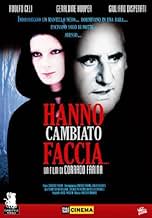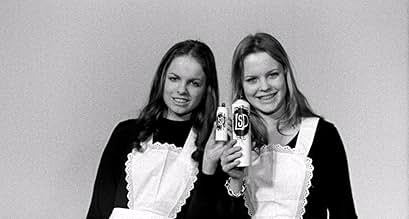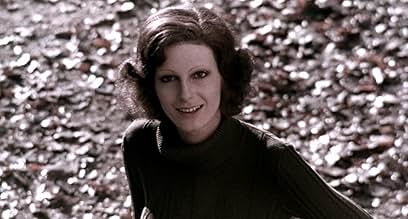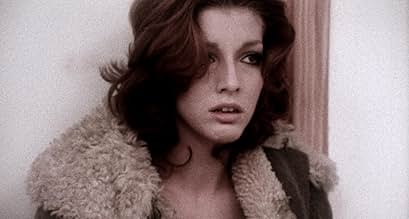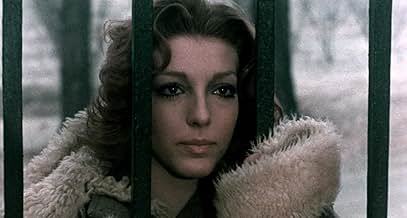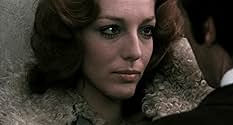When searching for ways to describe "They've Changed Faces", I can only come up with opposites and contradictions. It's obscure and little known, but simultaneously it might be the most original and unique film ever to come out of Italy. I wouldn't label it as a horror film, and yet it features some of the most atmospheric and unsettling moments you'll ever witness. The plot and the characters are extremely weird and overall impossible to sympathize with, but the film is fascinating from start to finish and you do develop care for everyone. The whole thing is senseless and basically just a bunch of nonsense, however a lot of thought went into the script and it's full of clever and downright intelligent metaphors. And so on.
Alberto Valli is an inconspicuous employee in a large automobile company. His modest job status is perfectly illustrated by the floor he works on. One morning, he hears from the CEO that none other than the company's founder and Vice President, Giovanni Nosferatu, has summoned Alberto to his mansion in a remote mountain area. With a name like that, Alberto should know better than to accept, but he's honored and undertakes the journey. He meets up with a half-naked hitchhiker and a whole bunch of dead-silent mountain villagers before arriving at the estate. Nosferatu is a strange fella, or what else did you expect, but he does make some very impossible-to-refuse offers to Alberto.
There are many bizarre gimmicks in "They've Changed Faces", and the fact they remain unexplained only makes the film more intriguing. What is a topless hippie girl doing in the middle of nowhere? What is the meaning of Nosferatu's mute henchmen driving around the estate in white Fiat 500s? Why does Alberto leave behind a gorgeous naked girl and sleeps around with a creepy, asexual secretary instead? How brilliant is the idea of playing advertisements when sitting down in a chair or stepping into a shower?
The essence of the film, namely that old-fashioned Gothic vampires have evolved and now form the elite members of the business, media, advertisement, sports,religious, artistic world, is truly unique. Adolfo Celi is fantastic, as usual, but I would have preferred he had more screen time. The musical score by Amadeo Tommasi (also known for his excellent work for "The House with Laughing Windows) is the best thing in an already very good movie. Writer/director Corrado Farina's other cult-horror flick "Baba Yaga" might be more popular and better known, but personally I think this one is a much better film.

